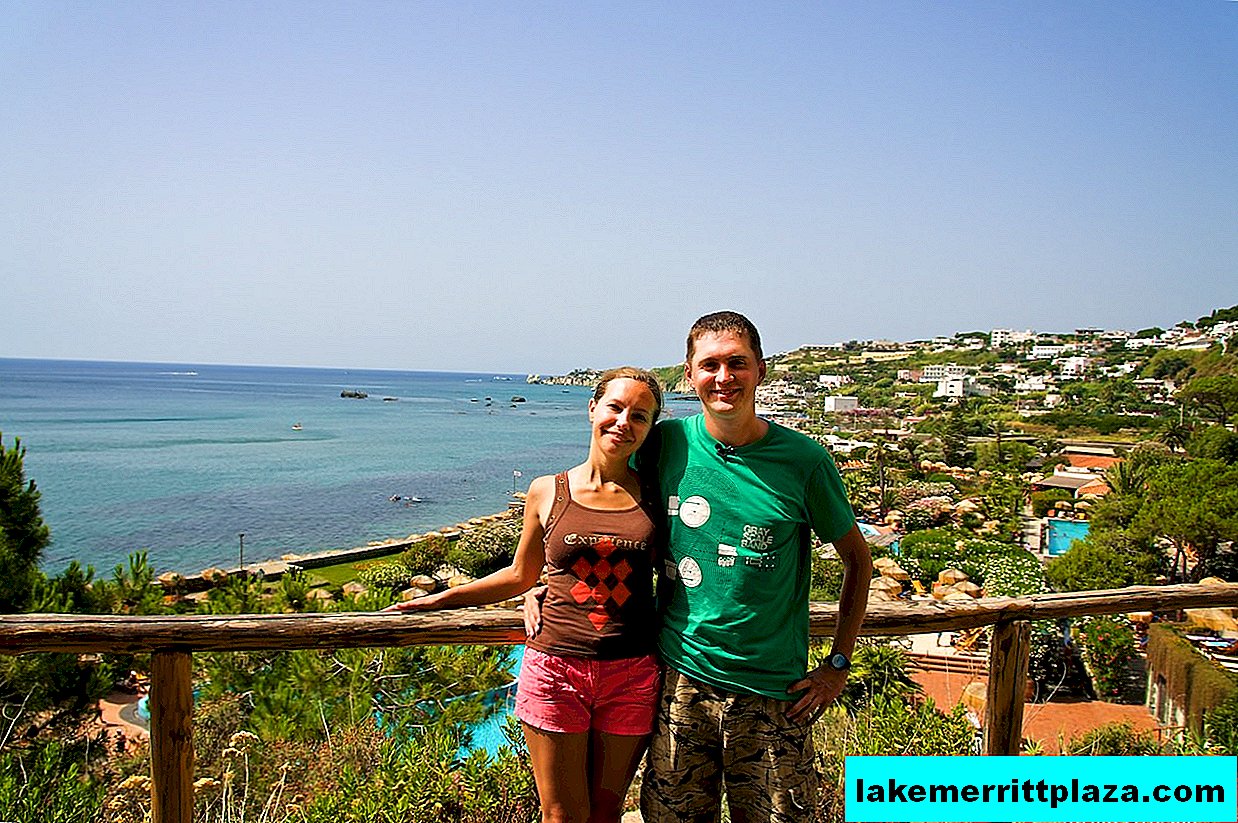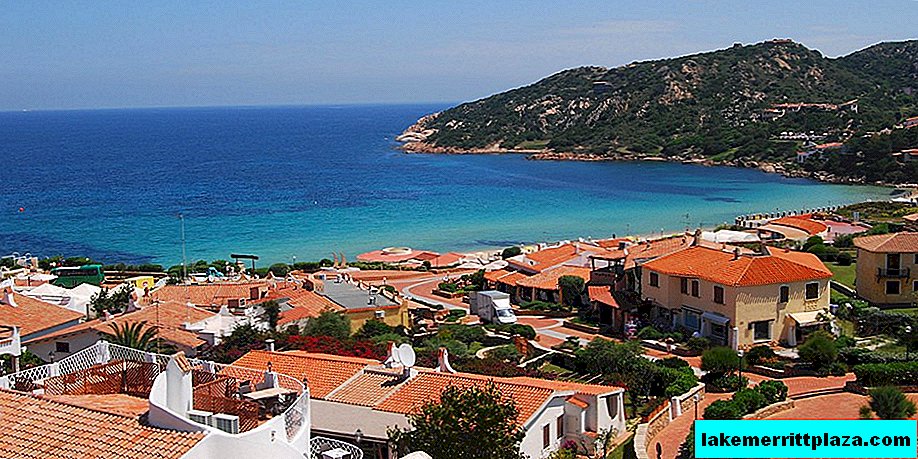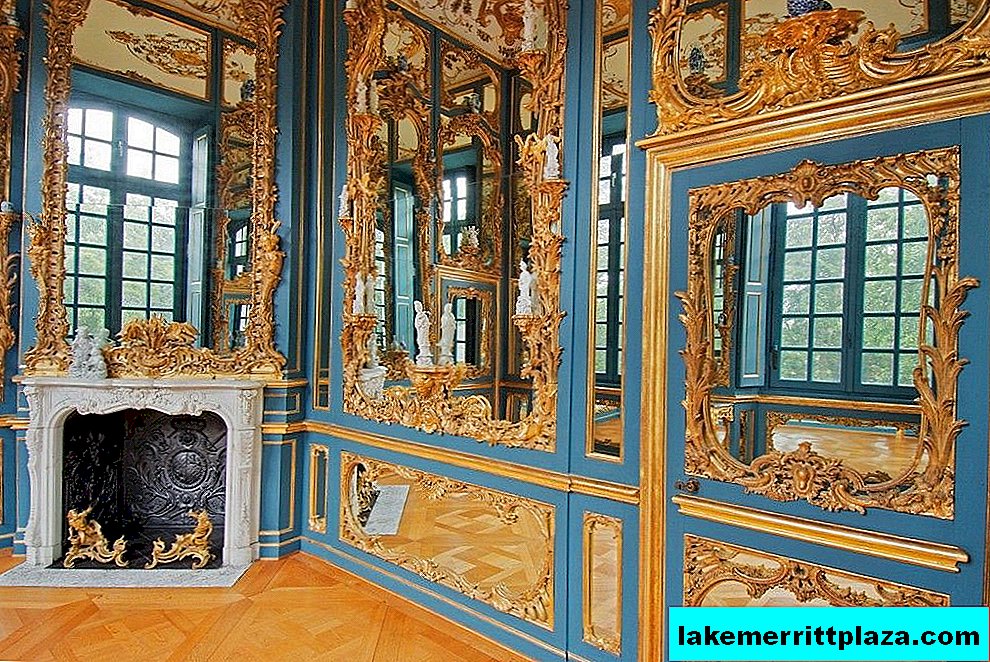There are 2 exhibitions in the Hunting Palace Grunewald. One tells of the hunt, by the way, you will find out why the German princes always had it. Another is devoted to the work of Cranach, father and son.

Hunting Palace Grunewald (Jagdschloss Grunewald), photo tel33
The history of the construction of the Grunewald Palace
The Hunting Palace Grunewald (Jagdschloss Grunewald) of all surviving in Berlin is the oldest. In 1542, the avid hunter Elector Joachim II Hector decided to build a small hunting lodge on the shore of Lake Grunevaldsee. The court architects were given the command. But they significantly complemented the initial project and instead of the house built a palace in the style of the early Renaissance.
Historians believe that the author of the project was Caspar Theiss. The palace was built in a year and was named U green forest (Zum grünen Wald), and the forest around it began to be called Green Forest (Grunewald - Grunewald).
In 1705-1708, the first Prussian king Friedrich started the reconstruction of the palace, which was carried out by Martin Grünberg, adding to the building baroque elements. Since 1800, the palace began to be named after the surrounding lands - Grunewald.
Museum

Gate to the palace, photo riesebusch
Since 1932, a museum has been housed in Grunewald, in which the works of Lucas Cranach the Elder and his son are exhibited. Also here you can see the exposition of Dutch and German painting of the XV-XIX centuries. The palace has the only Renaissance hall in Berlin. In the outbuilding there is an exhibition of hunting accessories.




Museum Hours
From April to October:
Mon closed;
Tue-Sun 10 a.m. - 6 p.m.
From November to December:
Mon-Fri closed
Sat, Sun 10:00 - 16:00.
Tickets
A full ticket costs € 6;
preferential - € 5.
How do I save on hotels?
Everything is very simple - look not only at the booking. I prefer the search engine RoomGuru. He is looking for discounts at the same time on Booking and on 70 other booking sites.








